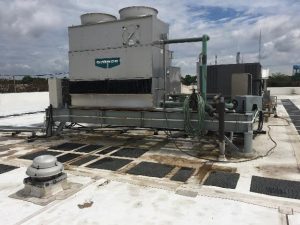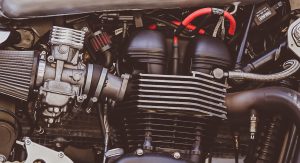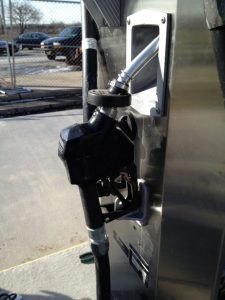NYCDEP Registration(s) for Air Emissions Sources
How Does New York City Control Air Pollution?
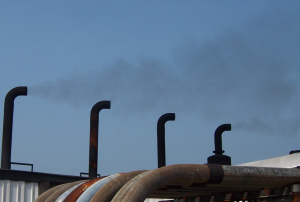
The following are the equipment that are required to obtain a Registration:
- The spraying of any insulating material in or upon any building or other structure during its construction, alteration or repair.
- The demolition of any building or other structure, or part thereof, unless the demolition of the building or structure is being conducted by or on behalf of a city agency.
- An individual boiler or water heater that has a heat input equal to or greater than 350,000 Btu/h but less than 4.2 M Btu/h.
- Any boilers, including water heaters, that are owned by the same person in a single building and would not individually require a Registration or Certificate of Operation, if in the aggregate, such boilers have a heat input equal to or greater than 350,000 Btu/h.
- A fuel burning equipment or portable equipment with a heat input equal to or greater than 350,000 Btu/h but less than 4.2 M Btu/h.
- Any emergency generator that has an output equal to or greater than 40 kW (see our blog for more information on generator regulations in New York City and New York State).
- Any portable generator with an output equal to or greater than 40 kW.
- A portable engine with an input equal to or greater than 50 HP but less than 600 HP, unless such engine is used to power self-propelled construction or landscaping equipment.
- A stationary generator, other than an emergency generator, with an output equal to or greater than 40 kW but less than 450 kW.
- A stationary engine with an input equal to or greater than 50 HP but less than 600 HP,
- An engine with an input equal to or greater than 50 HP that is used exclusively at a construction site, unless such engine is used to power self-propelled construction or landscaping equipment.
- Equipment with an environmental rating of C that produces a flow rate equal to or greater than 100 SCFM but less than 2,000 SCFM.
- A cogeneration system that has a total input equal to or greater than 350,000 Btu/h but less than 4.2 M Btu/h.
- The installation, use or operation of any flare.
- The installation, use or operation of any gasoline dispensing station.
- The installation, alteration, use or operation of any commercial char broiler.
- Mobile food vending unit (see our blog for more information)
- Any other emission source or activity not listed that the NYCDEP Commissioner requires to be registered (provided that the registration of an engine used to propel a motor vehicle or any emission source or activity located in a one- or two-family dwelling is not required).
Registrations’ application (as well as Work Permit/Certificate to Operate) must be filed with the Clean Air Track System (CATS), the NYCDEP online process for submitting applications.
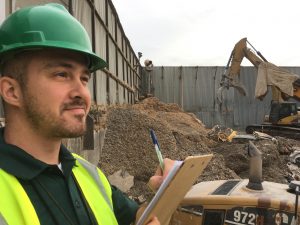
Call us at (516) 624-7200 for a free consultation to discuss any air emissions permitting issue or any of the other air quality/environmental engineering services we provide.

